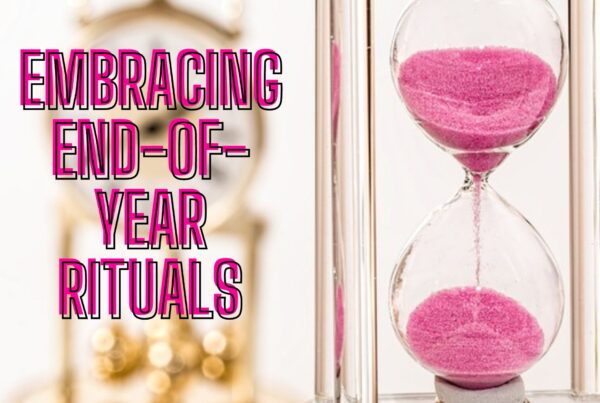How to Use Journaling to Build Self-Awareness
Do you ever find yourself caught up in your own thoughts and feelings, unsure of how to make sense of them or how to move forward? Perhaps you struggle with anxiety or feel overwhelmed by negative emotions. If this sounds familiar, you might benefit from the practice of journaling for self-awareness.
Journaling is a powerful tool for building self-awareness, understanding your emotions, and cultivating a more positive mindset. In this blog, we will explore how you can use journaling to build self-awareness and improve your overall well-being.
Why Self-Awareness is Important
Before diving into how journaling can help build self-awareness, it’s important to understand why self-awareness is important in the first place. Self-awareness is the ability to recognize and understand your own thoughts, feelings, and behaviors. It involves being honest with yourself about your strengths and weaknesses, and being able to identify areas for growth and improvement.
Research has shown that self-awareness is a critical component of personal growth and development. Studies have found that people who are more self-aware tend to have higher levels of emotional intelligence, better decision-making skills, and stronger relationships. Additionally, self-awareness can help us manage stress, regulate our emotions, and cultivate a more positive outlook on life.
How Journaling Builds Self-Awareness
Now that we understand the importance of self-awareness, let’s explore how journaling can help us cultivate this skill.
First, journaling provides a space for self-reflection. By taking the time to write down your thoughts and feelings, you are able to step back and observe them from a more objective perspective. This can help you identify patterns in your thinking and behavior that you might not have noticed otherwise.
Second, journaling can help you process your emotions in a healthy way. Research has shown that writing about your emotions can have a cathartic effect, reducing stress and anxiety. By processing your emotions through journaling, you can gain a deeper understanding of what triggers your negative emotions and how to manage them more effectively.
Third, journaling can help you set and track goals. By writing down your goals and progress, you are able to hold yourself accountable and measure your growth over time. This can be particularly helpful for building self-awareness around your strengths and weaknesses, as well as identifying areas for improvement.
Tips for Effective Journaling
Now that we’ve covered the benefits of journaling, let’s explore some tips for making the most of this practice.
- Make it a habit: Set aside a specific time each day to journal, whether it’s in the morning or before bed. Consistency is key when it comes to building self-awareness through journaling.
- Write freely: Don’t worry about grammar or spelling when you’re journaling. The goal is to express yourself honestly and authentically.
- Focus on the present: Rather than rehashing past events or worrying about the future, try to focus on the present moment when you’re journaling. This can help you build mindfulness and stay grounded in the present.
- Use prompts: If you’re not sure what to write about, try using prompts to get started. For example, you might write about something that made you feel grateful that day, or something that challenged you.
- Be honest with yourself: Journaling is a space for self-reflection and honesty. Be willing to confront difficult emotions and thoughts, and use your journaling practice as an opportunity for growth and self-improvement.
Journaling for Self-Awareness
Journaling is a powerful tool for building self-awareness, processing emotions, and cultivating a more positive mindset. By providing a space for self-reflection and self-expression, journaling can help you identify patterns in your thinking and behavior, process your emotions in a healthy way, and set and track goals. By following the tips outlined in this blog, you can make the most of your journaling practice and cultivate a deeper understanding of yourself.
Remember, building self-awareness is a process that takes time and patience. But with consistent effort and a willingness to be honest with yourself, you can develop this important skill and enjoy the many benefits that come with it. Happy journaling!
Release Hypnosis Melbourne Hypnotherapy
Since 2016, Lawrence Akers has been working under the name Release Hypnosis offering Hypnotherapy and ACT based work to the people of Melbourne or an online service. Based on St Kilda Rd, Release Hypnosis is an easy and convenient location to get to and accessible by the ANZAC station train and tram stop. Release Hypnosis can help with a wide range of presenting issues, and I offer a free 30 minute no obligation discovery call for those who are unsure if hypnotherapy is the right way forward for them.
Book Your FREE 30 Minute Consultation With Release Hypnosis NOW!
You may also like to read:
How Journaling Can Help Deal with Difficult Thoughts and Feelings
Can’t Visualise in Hypnosis? Here’s What You Can Do Instead.
Release Hypnosis Celebrates 8 Years!
What Is The Success Rate of Hypnosis?








